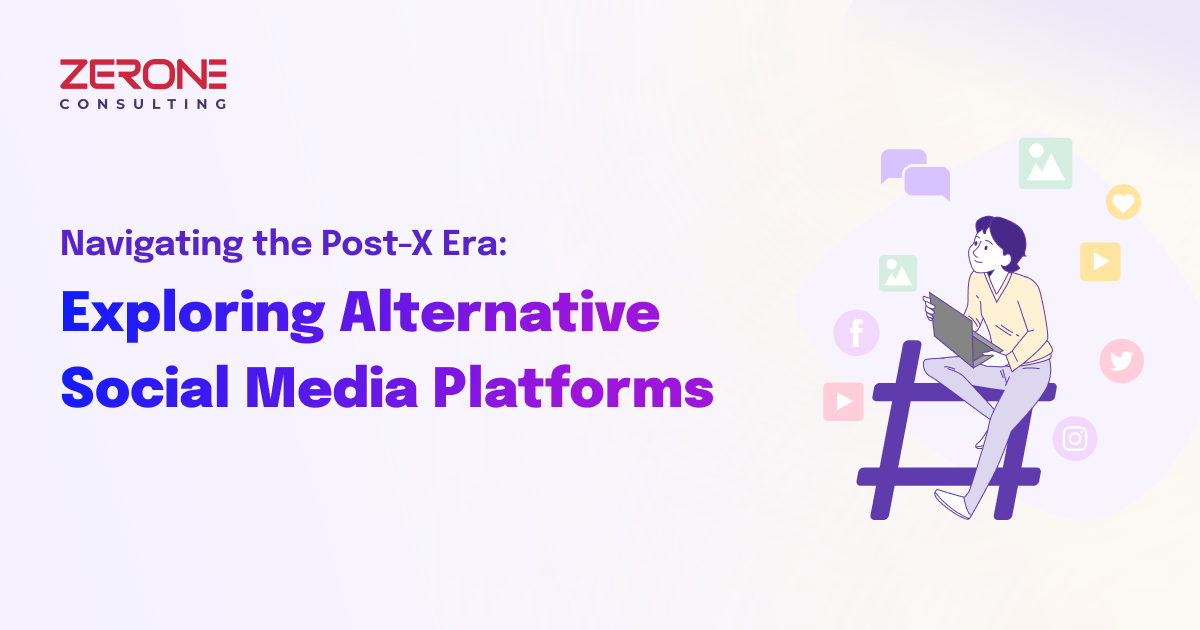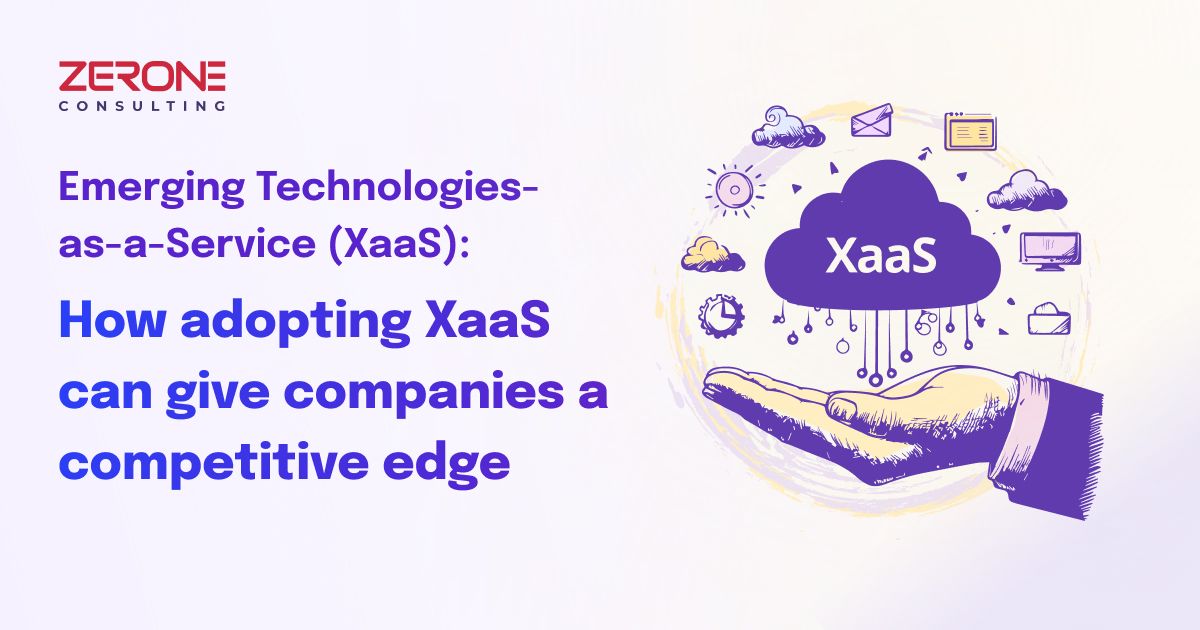The Rise of Progressive Web Apps (PWAs) in E-commerce
In the ever-evolving digital marketplace, Progressive Web Apps (PWAs) have emerged as a game-changer for e-commerce businesses. Combining the best of web and mobile app features, PWAs offer a unique blend of speed, reliability, and user engagement. In this article we delve into the advanced aspects of PWAs in e-commerce, highlighting their impact, future potential, and real-world success stories.
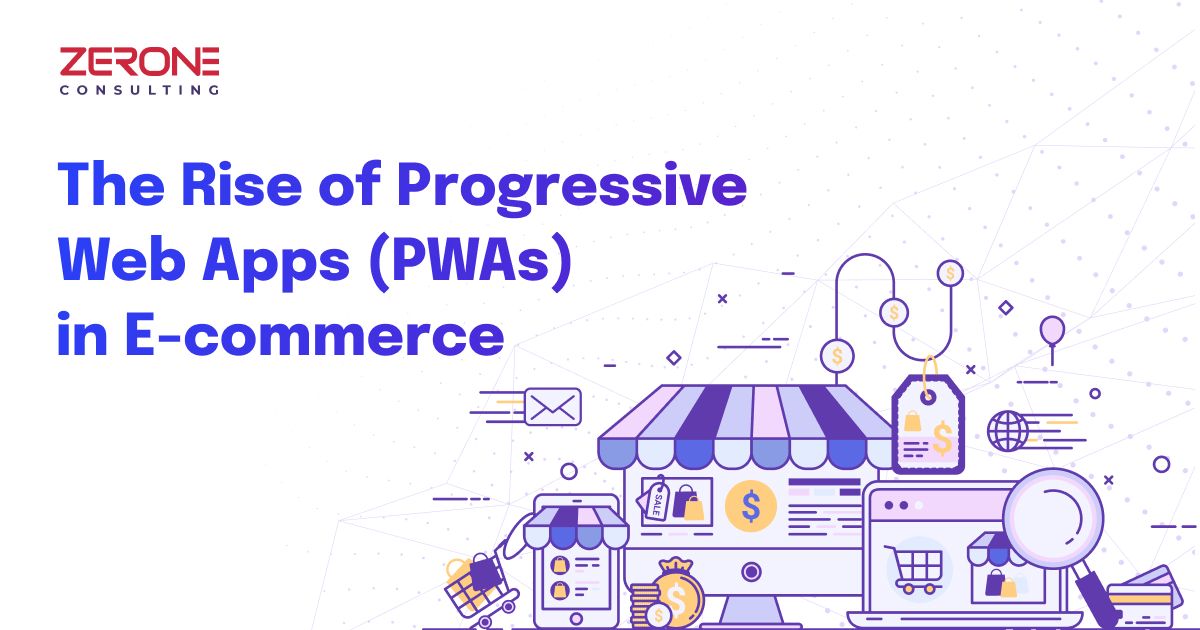
Understanding PWAs in E-commerce
Progressive Web Apps represent a revolutionary approach in web development, especially for e-commerce platforms. They are essentially websites that use modern web capabilities to deliver an app-like user experience. This means they can be accessed through a browser, but offer functionalities traditionally associated with native apps, like push notifications, offline access, and home screen icons.
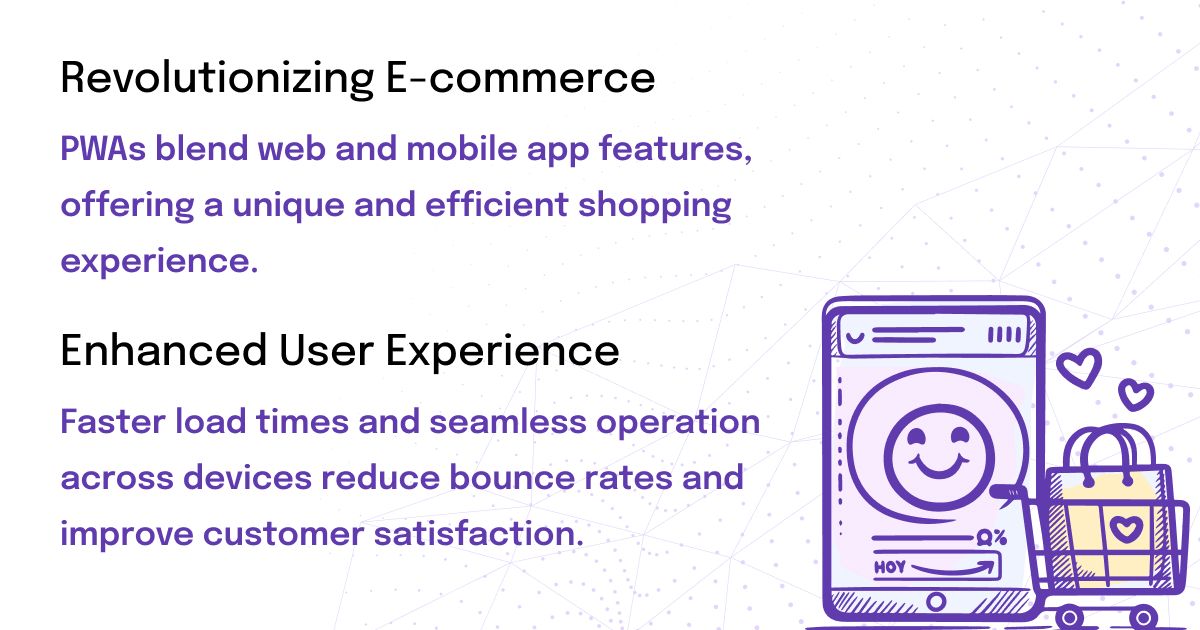
Key Advantages of PWAs in E-commerce:
-
Enhanced User Experience: PWAs load much faster than traditional web pages, significantly reducing bounce rates. They are designed to work smoothly on any platform, providing a seamless experience across various devices.
-
Offline Accessibility: One of the most striking features of PWAs is their ability to work offline or with a poor internet connection, thanks to service workers. This ensures constant access to the e-commerce platform, thereby boosting sales opportunities.
-
Improved Engagement and Conversion Rates: PWAs can send push notifications, a powerful tool for customer engagement. This feature has been shown to increase conversion rates, as customers are more likely to revisit and engage with the app.
-
Cost-Effective and Easy Maintenance: Building a PWA is generally more cost-effective than developing separate native apps for different platforms. Moreover, PWAs are easier to maintain and update, offering a significant advantage over traditional apps.
Statistical Insights:
According to a recent study, PWAs have an average conversion rate 36% higher than native apps. Google reports that PWAs increase user engagement by up to four times, and businesses that have adopted PWAs have seen up to a 20% increase in sales.
Real-World Success Stories
Alibaba’s PWA Implementation:
Alibaba, the world’s largest online B2B trading platform, launched its PWA and saw a 76% increase in total conversions across browsers. The PWA also delivered higher interaction, with 4x higher interaction rate from the “Add to Homescreen” prompt.
Flipkart’s Flipkart Lite:
Indian e-commerce giant Flipkart developed Flipkart Lite, a PWA that led to a 70% increase in conversions. It also enhanced user time spent on the site by three and a half minutes.
Future Insights: The Road Ahead for PWAs in E-commerce
Looking towards the future, PWAs are set to become even more crucial in the e-commerce landscape. Here’s why:
-
5G and PWAs: The rollout of 5G technology will make PWAs even faster and more reliable, offering a more immersive shopping experience.
-
Augmented Reality (AR) Integration: PWAs are expected to integrate more AR features, allowing customers to try products virtually, thus enhancing the shopping experience and boosting sales.
-
Voice Search Optimization: With the rise of voice search, PWAs will likely incorporate more voice recognition features, making shopping more accessible and convenient.
-
AI and Personalization: AI-driven personalization in PWAs can provide tailored shopping experiences, recommending products based on user behavior and preferences.
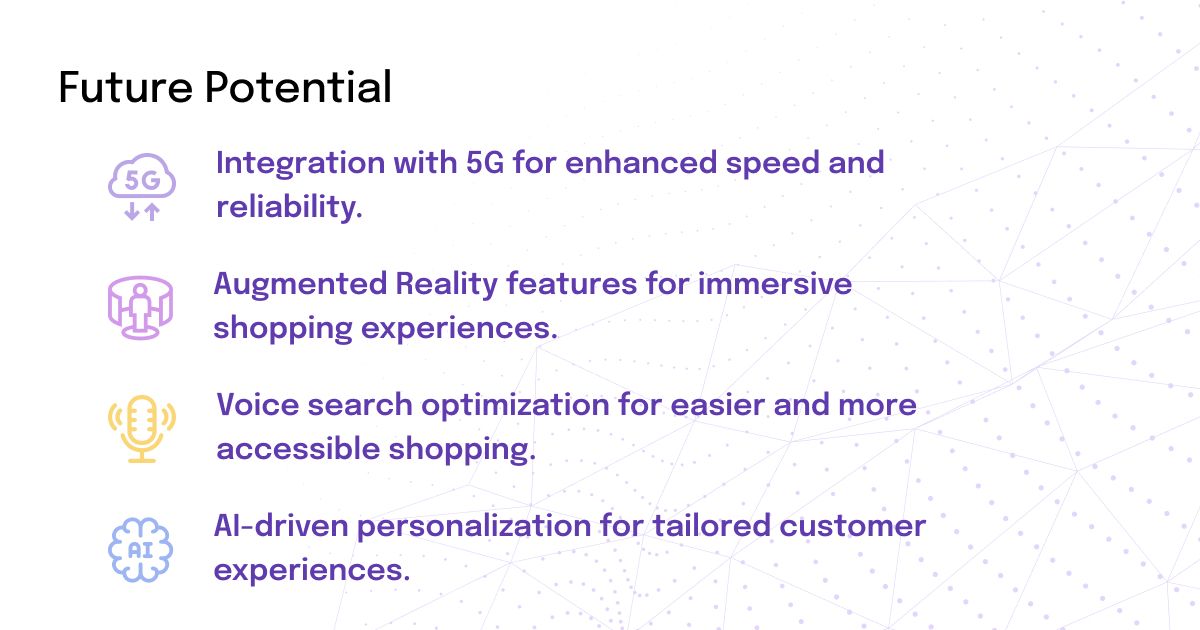
Challenges and Considerations
While PWAs offer numerous benefits, there are challenges to consider:
-
Limited iOS Support: Although Apple has made strides in PWA support, there are still limitations compared to Android.
-
Complexity in SEO Optimization: PWAs require a different approach to SEO, as they are part app, part website. Businesses need to adapt their SEO strategies accordingly.
-
User Awareness: Many users are still unfamiliar with PWAs. Educating customers on the benefits and functionalities of PWAs is crucial for adoption.
Conclusion
Progressive Web Apps are undoubtedly transforming the e-commerce landscape, offering a cost-effective, efficient, and engaging way to connect with customers. With their ability to combine the advantages of web and mobile apps, PWAs are poised to dominate the future of e-commerce. As technology continues to evolve, we can expect PWAs to become even more sophisticated, offering unparalleled shopping experiences and driving e-commerce growth.
In conclusion, businesses looking to establish a strong online presence and enhance customer engagement should seriously consider investing in PWAs. The success stories of major e-commerce players stand as a testament to the potential of PWAs in revolutionizing online shopping experiences. The future of e-commerce is here, and it is progressively web-app driven.
We can help!
Navigating The Post-x Era: Exploring Alternative Social Media Platforms
#Applicationdevelopment
Navigating The Data Migration Surge With Generative Ai: A Strategy For 2024
#Applicationdevelopment
